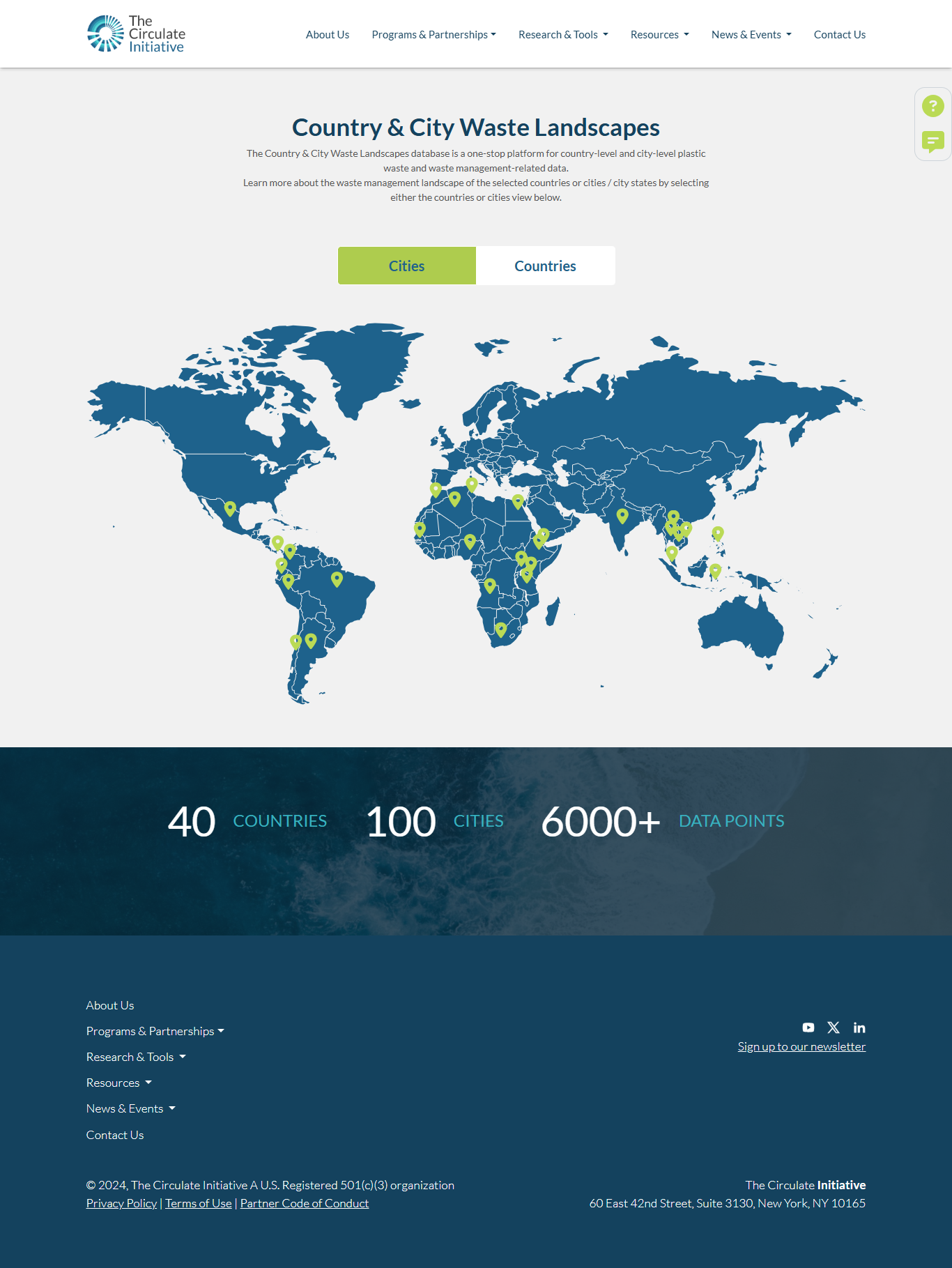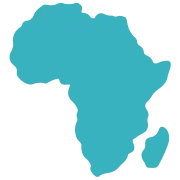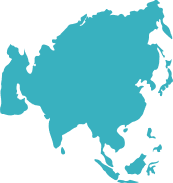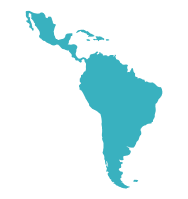Country & City Waste Landscapes


The Country & City Waste Landscapes database is a compilation of waste management and plastic pollution-related data for 100 cities / island states across 40 countries in Africa, Asia, Latin America and the Caribbean.
The database was developed in recognition of the need for a one-stop platform for country-level and city-level plastic waste and waste management-related data. Existing data on plastic waste pollution is often fragmented, and there is a lack of standardization around the data points collected to understand the landscape. The Country & City Waste Landscapes database aims to address this data gap by simplifying the search for relevant information. The database facilitates an improved understanding of the plastic pollution situation in the selected countries and cities, the initiatives currently being undertaken to tackle the problem, and the key actors involved in these initiatives.
Data was collated through desktop research and reported as is, based on the information available as of October 2024. The data sources consulted include government websites or databases; reports from leading organizations working on plastic pollution and the circular economy; journal or academic articles; and news articles. Links to the original sources are provided where available.


The Country & City Waste Landscapes database provides country-level and city-level data and information on the following topics:

Overview - Socioeconomic, climate & environmental indicators

Municipal solid waste, plastic waste and waste worker statistics

Municipal solid waste composition

Waste management

Ecosystem and key actors

Investments

Policies

Programs and other initiatives
How You Can Use the Database
The database can be used by individuals, city planners, and organizations such as non-governmental organizations (NGOs), corporates, and investors who are interested in understanding the plastic waste management landscape in the identified countries and cities.
For example, a company considering a plastic waste reduction campaign in Makassar in Indonesia can refer to the database to understand the current amounts of plastic waste generated, identify other programs or initiatives that have been conducted, and explore collaboration opportunities.
As we recognize that there may be newer or local-language data sources that may not have been considered, we invite you to share feedback through the feedback form available on the database page.
The database allows users to explore data on different levels:

Countries & Cities
Find country-level data and city-level data related to waste management and plastic pollution.

Across Cities
Compare data from multiple cities within a single country.

Across Countries
Compare data for up to 10 countries and for up to 10 cities across different countries.
Geographical Coverage
The tool covers 100 cities / island states across 40 countries in Africa, Asia, Latin America and the Caribbean. The 100 cities / island states included in the database meet one or more of the following criteria: capital cities; mega cities where consumption and plastic waste generation are high; cities with data available from published sources; or cities identified as plastic leakage hotspots by different studies. The geographical boundaries of the cities / island states may vary with each data point.

Africa
14 Countries
20 Cities

Asia
9 Countries / Island States
53 Cities

Latin America and the Caribbean
17 Countries / Island States
17 Cities
Resources

Frequently Asked Questions
Frequently asked questions on the Country & City Waste Landscapes database.

Information Note
This note provides a reflection of availability of local plastic pollution data from compiling the available resources for the tool.

Explore the Tool
Use the tool to find city-level waste management and plastic pollution-related data.